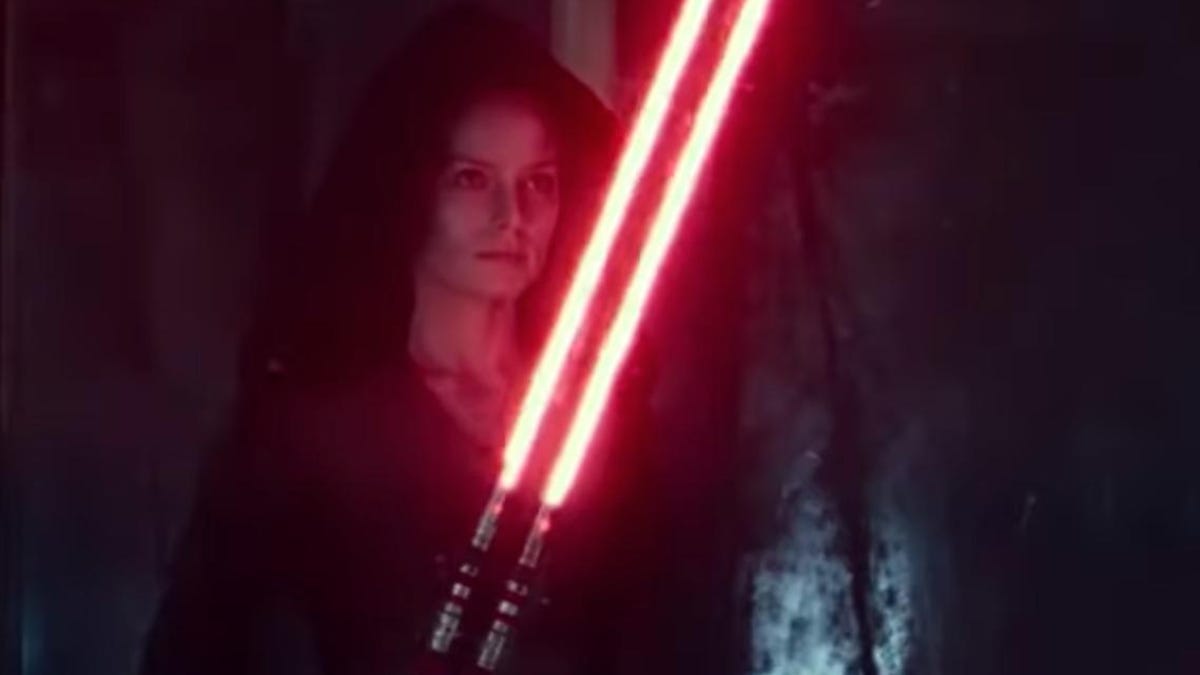Star Wars: The Rise of Skywalker could trigger epileptic seizures, Disney warns
Disney and The Epilepsy Foundation suggest those with photosensitive epilepsy see the film with a friend who can warn them about flashing lights.

Certain scenes with sustained flashing lights may affect those with photosensitive epilepsy.
Star Wars: The Rise of Skywalker is just weeks away, but those who have photosensitive epilepsy may want to take certain steps before viewing the film. Walt Disney Studios and The Epilepsy Foundation have warned viewers that "the film contains several sequences with imagery and sustained flashing lights that may affect those with photosensitive epilepsy."
Disney isn't saying exactly what those sequences are, since the plot of the ninth and final movie in the Star Wars series is tightly guarded. But the Epilepsy Foundation offers numerous tips for those who are sensitive to lights, including asking a friend to see the film first and then attending with them, asking them to indicate scenes with flashing lights so the affected person can block his or her eyes.
The group also suggests people with photosensitive epilepsy teach their companions what to do in case of a seizure.
Three percent of people with epilepsy may have seizures triggered by exposure to flashing lights or visual patterns, the foundation says.
In 2018, the Pixar superhero sequel Incredibles 2 raised concerns about flashing lights that could cause issues for those with epilepsy, migraines or chronic illness, leading the Epilepsy Foundation to post a similar warning.

